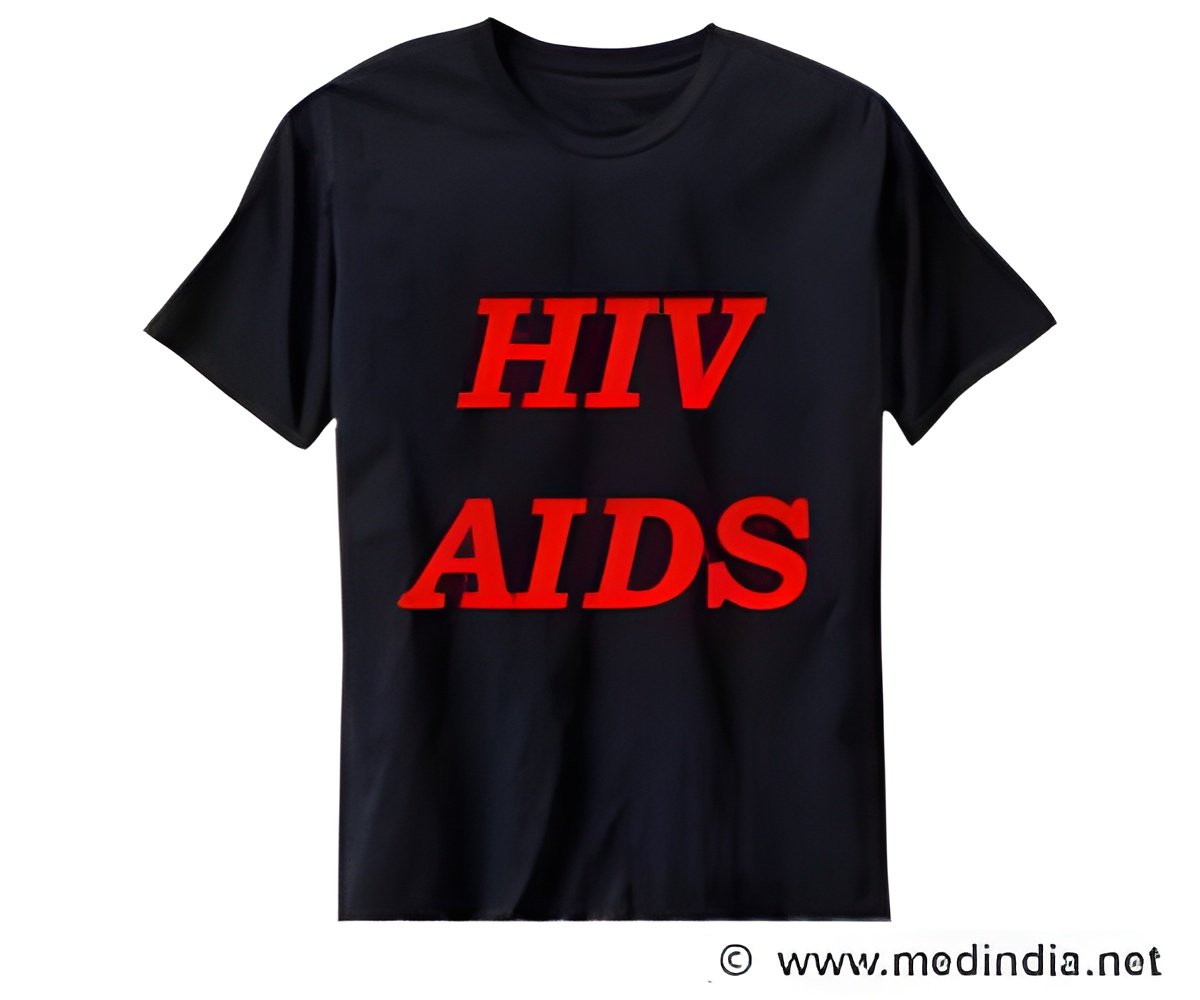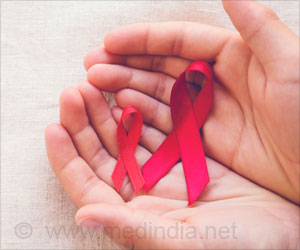
‘In total, 76.1 million people worldwide have been infected with HIV, since the epidemic started in the 1980s. Some 35 million have died. ’
Tweet it Now
According to District Health Officer Shabbir Sheikh, those that have tested positive were being provided treatment and other amenities according to the World Health Organisation (WHO) regulations. In May, an international team of experts from the WHO arrived in Pakistan to probe the HIV outbreak.
The Sindh health department blamed "quacks" or unqualified practitioners for reusing syringes which is one of the major source of HIV spread among the general population, especially children.
Those affected have urged the Sindh government to make HIV medicine made readily available at private medical stores apart from government hospitals for easy access.
Citizens have also asked the Sindh government to take adequate measures to counter the disease.
Advertisement
Treatment carries side-effects and is costly, but allows infected people to be healthier for longer.
Advertisement















